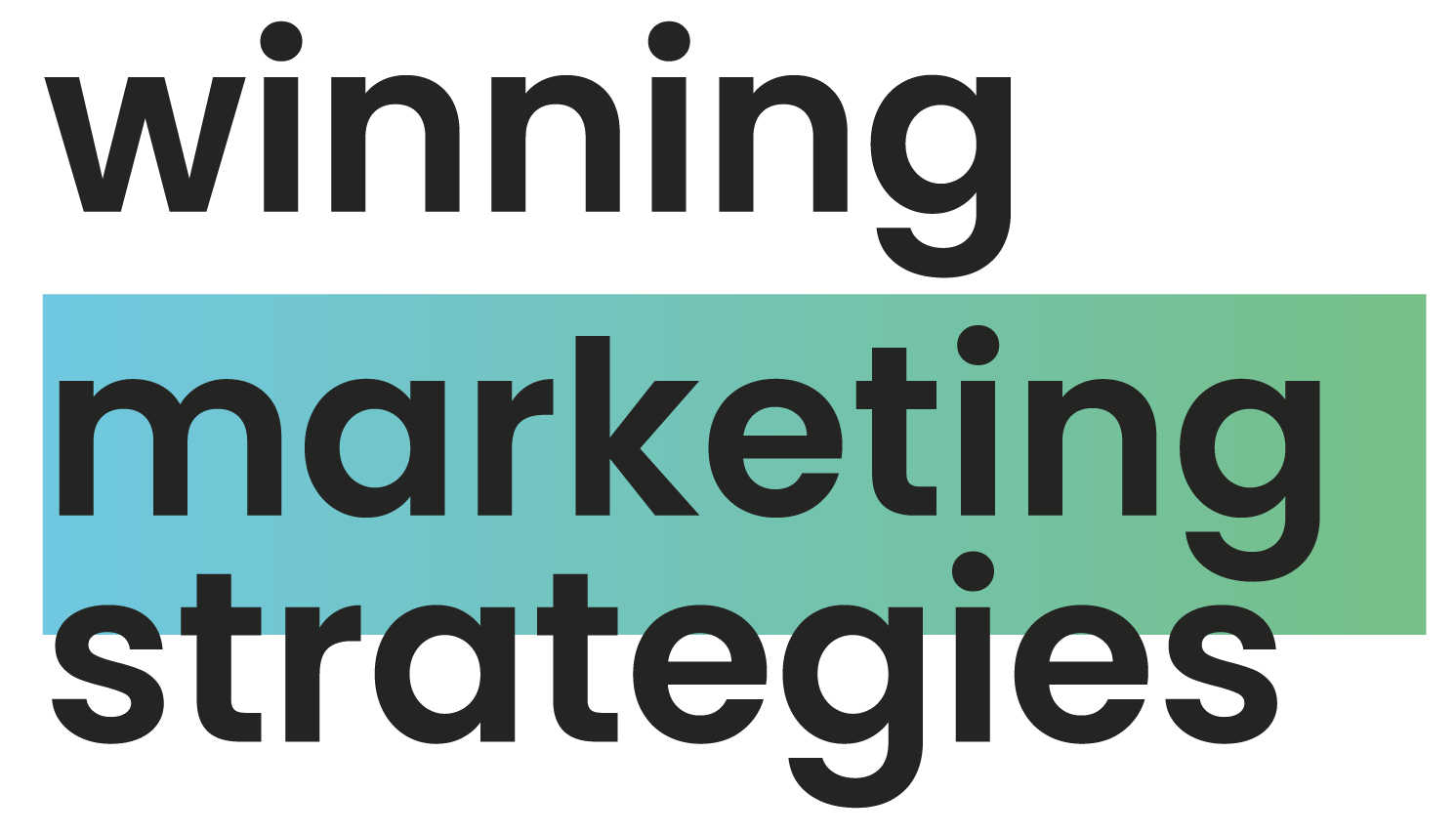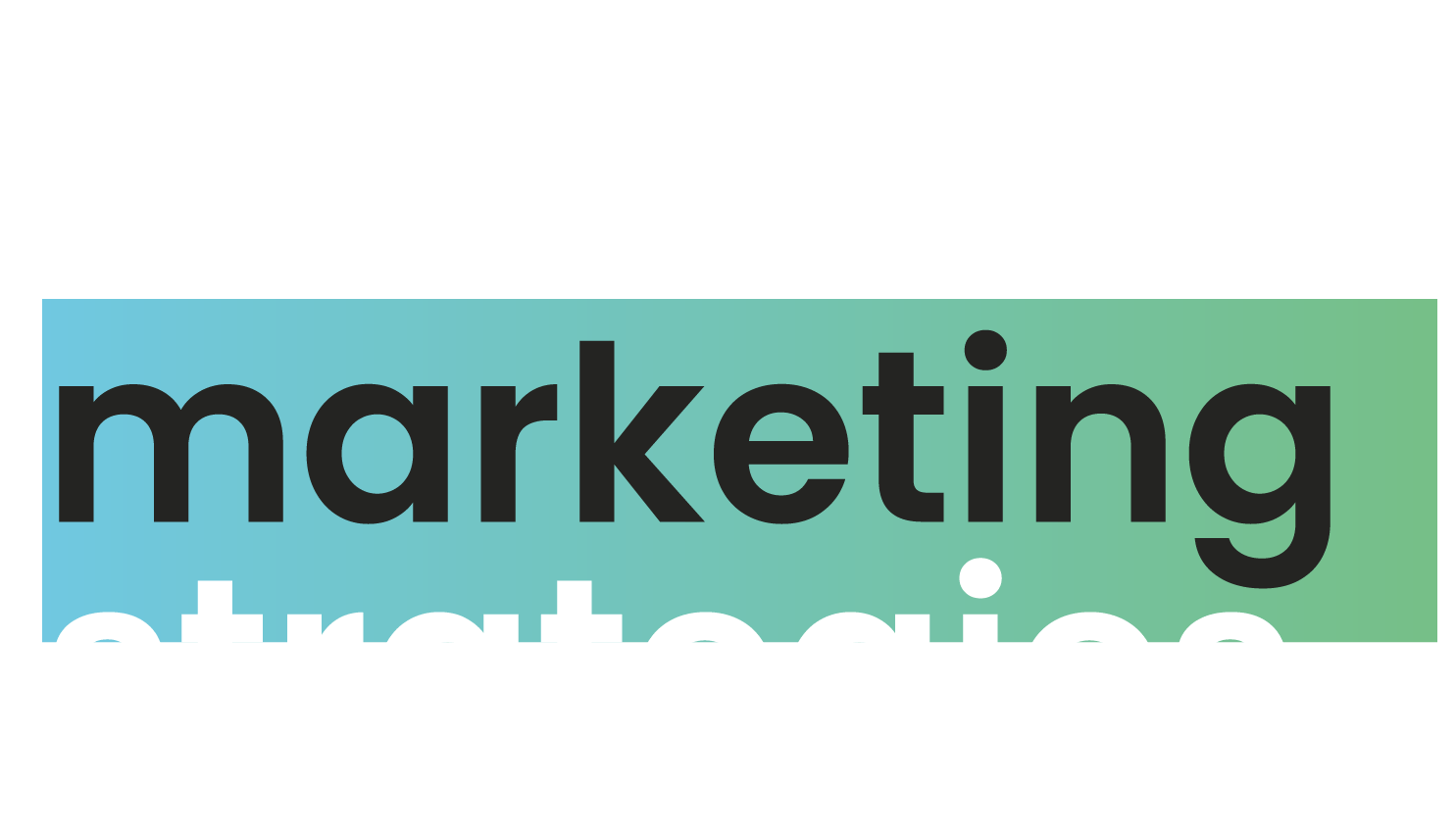Welcome to our detailed guide on the three types of Search Engine Optimization used in digital marketing. Strong SEO is vital for businesses in today’s online world. It helps them become more visible online and attracts more visitors naturally. So, how many types of SEO are there? Knowing about on-page SEO, off-page SEO, and technical SEO for digital success is key.
Understanding On-Page SEO
In today’s world, on-page SEO is key to how visible your website shows up in searches. By making individual pages better, you can improve where you land in search results. We will dive into important aspects and methods of on-page SEO.
Optimizing Website Content
Optimizing your website content is a fundamental part of on-page SEO. This means finding the right keywords that your audience uses and using them smartly in your content. Doing this tells search engines that your content is what people are looking for.
Creating content that people enjoy reading and find useful is also crucial. Good content keeps visitors on your site longer and coming back. Search engines like Google also love sites that users find helpful. Thus, quality content is key for both people and search engines.
Improving User Experience
Better user experience is vital for on-page SEO. Search engines look at how visitors interact with your site, such as time spent and whether they leave right away. By making your site easy and fun to use, these numbers can go up, which helps your site rank better.
To better the user’s journey, keep your site easy to navigate and fast to load. Also, ensure it works well on any device. This helps with SEO and leaves users with a great impression.
Harnessing the Power of SEO Tools
Effective on-page SEO relies on the use of SEO tools. These tools help you understand how your keywords perform, assess your site’s health, and even see what your competitors are doing. This information lets you make smarter decisions that boost your site’s visibility.
There are a range of SEO tools to help with your SEO efforts. Tools like SEMrush, Moz, and Ahrefs are great choices for keyword research. Google Analytics and Google Search Console are invaluable for insights into how your site is doing. Utilizing these tools gives you the upper hand in improving your on-page SEO.
In summary, focusing on on-page SEO is crucial for getting your site seen more and attracting visitors. You can significantly boost your site’s SEO performance by working on your content, enhancing the user’s experience, and using SEO tools. This, in turn, can help you climb higher in search rankings.
Mastering Off-Page SEO
In the world of digital marketing, off-page SEO is also essential. It improves a site’s reputation and visibility online. Unlike on-page SEO, which works directly on a site, off-page SEO focuses on actions off the site. Companies can rank higher in searches by using off-page SEO tricks, following best practices, and using SEO services. This attracts more of the right visitors to their websites.
Getting quality backlinks is a key part of off-page SEO. Backlinks are like votes of confidence from other websites. They tell search engines your content is good and reliable. With links from trusted sites, your own site becomes more credible. This can help it rank better in searches.
Using social media can also boost your off-page SEO efforts. Being active on major platforms can make your brand more visible. It also encourages users to interact with your content. This can grow your online reach and brand appeal.
SEO services are valuable for handling off-page SEO tasks. They focus on activities like building backlinks and managing social media. They also boost mentions of your brand online. Working with an SEO expert like those at WMS can save your business time and resources. You’ll also gain from their deep knowledge and experience.
To truly master off-page SEO, you need to know the best methods and keep up with the latest trends. This way, you can continually draw more visitors to your site. Companies can build a strong and successful online marketing plan by combining off-page, on-page, and technical SEO. This will increase their web presence and draw in more valuable traffic.
Navigating Technical SEO
SEO is all about the technical stuff that helps search engines understand your website. It’s called technical SEO. This part is key for your site to be seen and ranked well by search engines.

Technical SEO works on many parts of your site, like its structure and loading speed. By improving these, your site shows up more often in search results, which gives people a better experience when they visit it.
One big part of technical SEO is how your website is built. This means making sure your pages, links, and URLs are easy to follow. When your site is well-organized, search engines can figure out what it’s about quicker, boosting your rank.
Indexing and crawling are key, too. Search engines have to find your web pages first. To ensure they can do this, you want to make sure your site is easy to crawl. This includes having an XML sitemap, a good robots.txt file, and the right meta tags.
It’s also crucial to make your site run fast and smoothly. How fast your site loads, if it works well on mobile, and how safe it is are all important. You can speed things up by fixing your code, making images smaller, and ensuring your site works great on phones.
The Role of SEO Companies and SEO Tools
Dealing with technical SEO can be tough, especially if you’re not a tech expert. This is why SEO companies exist, including Winning Marketing Strategies. They offer services that check your site’s tech, find issues, and suggest fixes.
SEO tools are also important for technical SEO. They help you keep track of how well your site is doing technically. Using them lets you watch over your site’s technical health and see what’s working with your SEO.
Working with SEO companies and using SEO tools can make the technical side of SEO easier. This helps your site get noticed more and improves users’ experience.
Effective On-Page Optimization Techniques
Among the different types of SEO, On-page SEO is key for marketing online. It helps boost your website’s ranking in search results. Plus, it makes your site better for visitors. We’ll look at some major on-page SEO steps: finding the right keywords, making your meta tags stand out, improving your content, and using smart internal links.
1. Keyword Research
Keywords are the heart of on-page SEO. They guide what you write and help users find it. Start by finding the best keywords for your topic. Use tools like Google Keyword Planner, SEMrush, or Moz Explorer. Look for long-tail keywords to reach specific groups.
2. Optimizing Meta Tags
Meta tags are like a sneak peek for search results. They tell users and search engines what your page is about. Make sure your title and description are catchy and include your main keywords. This can boost clicks and bring more people to your site.
3. Content Optimization
Great, useful content is a must for SEO. Use your keywords naturally within your content. Format it with headers and a good structure. This makes it easier to read. Always aim to help your visitors learn something. Answer their questions to keep them interested.
4. Internal Linking Strategies
Linking within your site has benefits. It helps search engines move around and understand your content. It also boosts the authority of your internal pages. Strategically add links to relevant places. This can lower bounce rates and keep visitors clicking through your site.
Following these steps can really help your site. It can attract more visitors and lift your search rankings. Keep in mind, though, that SEO is not a one-time job. Always update and keep your content fresh to enjoy ongoing success.
Building a Strong Off-Page SEO Strategy
Off-page SEO is key to boosting your online presence in the digital world. It helps bring more visitors to your site. You can achieve this by getting top-notch backlinks, using social media well, and teaming up with influencers.

The Power of Backlinks
Backlinks are crucial in off-page SEO. They act like seals of approval for your website. When respected sites share your content, search engines see you as reliable. But, not any link will do. You should aim for those from trusted sources relevant to your offer.
Harnessing Social Media Promotion
Social media is a great help in off-page SEO. You should share your content actively on places like Facebook, Twitter, and Instagram. Doing so will help you reach more people, bring them to your site, and make your brand more visible. By interacting with your fans, using the right hashtags, and sharing useful stuff, you can show search engines that your website is real and valuable.
The Influence of Influencer Marketing
Thanks to social media influencers, influencer marketing can do wonders for your off-page SEO. Working with influencers that match your brand and audience helps you connect with more people. They can endorse your content, bring up your brand, and link back to you. This boosts your search rankings and puts your brand in front of more eyes.
A solid off-page SEO plan combines strong backlinks, active social media use, and influencer collaborations. Focus on these areas to improve your online visibility, reach a bigger audience, and draw more organic visitors to your site. With a strong off-page strategy, your digital marketing can reach new levels.
Technical SEO Essentials for Website Success
Technical SEO is vital for your website’s success in digital marketing. It enhances user experience, improves search engine performance, and attracts more visitors organically.
Optimizing Site Speed
Site speed is a crucial SEO factor. A website that loads fast not only pleases users but also ranks higher on search engines. Use methods like compressing images and browser caching to boost your site’s speed.
Ensuring Mobile-Friendliness
With nearly everyone using mobile devices, a mobile-friendly site is a must. You should optimize your site for mobiles to look great and work well on different devices. This includes using responsive design and ensuring a smooth mobile experience.
Implementing Structured Data Markup
Structured data markup makes your content clear to search engines. You can do this by adding schema.org markup to offer vital information about your site. This makes your site stand out in search results, increasing views and clicks.
Improving Website Security
Website security is key for both protecting user data and keeping your site trusted by search engines. Use HTTPS and ensure data sent on your site is secure. Regular checks for security flaws help keep your site safe and reliable.
Focusing on technical SEO areas like speed, mobile-friendliness, data markup, and security is critical. Doing so improves user experience and boosts your site’s visibility, attracting more visitors.
Implementing Advanced SEO Strategies
Advanced SEO strategies are crucial to digital success. Businesses can better connect with their audience by focusing on voice search, local SEO, and video SEO. This boosts their online visibility and attracts more users.
Optimizing for Voice Search
Voice search is becoming more popular with Siri, Alexa, and Google Assistant. It’s important to adapt content for voice search. This means understanding how people speak their search queries online. By doing so, businesses can better match user needs and more often appear in relevant search results.
Implementing Local SEO Techniques
Local SEO is critical for companies that focus on serving a local market. It helps them show up when potential customers look for services in their area. This strategy involves improving Google My Business profiles, getting on local listings, and managing reviews well.
Leveraging Video SEO
Video is a great tool for engaging customers and sharing information. Through video SEO, businesses can make their videos rank higher in searches. This attracts more organic traffic. It involves optimizing titles, descriptions, tags, and using captions or transcripts.
SEO is always changing. It’s important for businesses to keep up with the latest trends. By using these advanced strategies, they can get ahead. This can lead to more targeted traffic and help them achieve their digital marketing goals.
Maximizing SEO Performance with Analytics and Monitoring
In the digital marketing world, SEO analytics and monitoring are vital. They help us understand how well our SEO is working. With the right tools, we get insights into our site’s performance, which lets us make smart decisions to improve our SEO strategy.

Track Keyword Rankings
SEO analytics means keeping an eye on where your keywords show up in search. This shows how well your site does in searches online. Knowing this, you can find places to make better and improve your content to rank higher.
Analyze Website Traffic
Looking at your site’s traffic is a key part of SEO analytics. We can see who visits, what they do, and where they come from. This information helps tweak pages that are doing well and fix those that aren’t, making your site more appealing to the right visitors.
Generate SEO Reports
SEO reports are important for showing progress and results. They give details on things like keyword rankings and the number of visitors to our site. This data helps to prove the worth of our SEO efforts to others.
Continuous Monitoring and Optimization
SEO work is always ongoing. We should always check how our site is doing. This helps us quickly catch new trends, solve problems, and adjust our SEO plans. Regular content and keyword updates keep us competitive.
In the end, SEO analytics and monitoring are key to strong SEO. Tracking keyword rankings, watching website traffic, making SEO reports, and always checking and improving your site help a lot. These steps ensure that your site grows and does well over time.
Conclusion
Knowing what are the types of SEO is essential if you aim to boost your online visibility. This article examined the three main SEO types in marketing: on-page SEO, off-page SEO, and technical SEO. These are key to better online visibility and higher search rankings.
Using the right SEO methods, like improving content, getting good backlinks, and checking technical stuff, makes businesses stand out online and helps increase the number of people who see their websites naturally.
Marketers must always know the newest SEO tips and use tools to check and fix their sites. Keeping an eye on their SEO and making improvements regularly is how they win at SEO in the long run.





